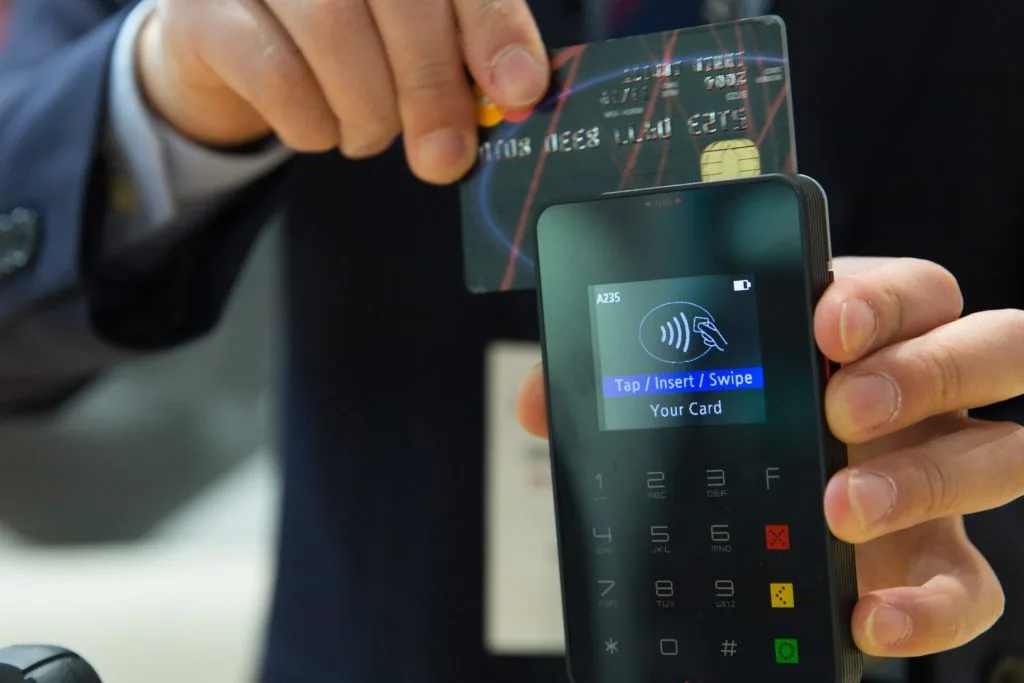

Two recent High Court cases have offered clarity as to when a wide range of material relied on and referred to in proceedings can be accessed by third parties.
Position under the Civil Procedure Rules
Whether a person unconnected to proceedings can obtain documents related to a claim from the court is principally governed by the Civil Procedure Rules (the “CPR”). These provide that:
"a person who is not a party to proceedings may obtain from the court records a copy of
A statement of case, but not any documents filed with or attached to the statement of case, or intended by the party whose statement is to be served with it;
A judgment or order given or made public [subject to certain further provisions]"
The CPR goes on to say that "a non-party may, if the court gives permission, obtain from the records of the court a copy of any other document filed by a party, or communication between the court and a party or another person".
However, this is not the only basis on which documents can be obtained.
Recent Developments
In the case of British American Tobacco (UK) Ltd ("BAT") v Secretary of State for Health, a non-governmental organisation ("NGO") campaigning for a reduction in tobacco use requested copy documents from the underlying judicial review proceedings (relating to the Standardised Packaging Tobacco Products Regulations 2015).
The NGO, who was not party to the proceedings, made an application requesting copies of expert reports, witness statements, letters to the World Health Organisation which had been relied on by the parties and submissions to ministers. The Secretary of State opposed the application and in doing so it sought to rely on the CPR provision (set out above) and a narrow interpretation of the term "court records".
Pursuant to its inherent jurisdiction to order disclosure to give effect to the principle of open justice (rather than pursuant to the CPR), the court held that as:
- The NGO had every right to attend the judicial review hearing;
- The documents requested were read (or open to be read) in open court or open to be read by the Judge outside court (as is now common practice); and
- The NGO fell within the (wide) class of beneficiary of the principle.
The NGO was entitled to the documents requested.
The court in Re Maud affirmed the decision in the above case and it serves as a further example where the court felt it appropriate to exercise its inherent jurisdiction to order disclosure.
Re Maud was a bankruptcy case and Mr Maud (the debtor) requested documents from separate proceedings in which his petitioning creditor was the claimant. The reason Mr Maud made this request was to obtain documents in support of his allegation that the creditor was abusing the insolvency process.
Whilst the Judge was critical of Mr Maud's delay in requesting the documents, the court again relied upon the principle of open justice in ordering disclosure. It held that any third party would be entitled to see those documents and so Mr Maud should not be any worse off in comparison – particularly as these documents were relatively easy to obtain and would not be covered by any confidentiality undertakings.
Key points for Third Parties
In the first instance, a party seeking copy documents should always make a formal request in writing to the party to the proceedings. If that request is refused, then an application to the court for disclosure pursuant to the CPR or under its inherent jurisdiction is available.
If a case has been heard in open, then the courts are quite willing to allow third parties access to the documents requested. The court in the BAT case held that "any member of the public is entitled to walk...into a court to witness proceedings, it is hard to see why such a person making a request for documents which assists an understanding of those proceedings should have to justify the request".
Whilst Mr Maud and the NGO had a strong link to the proceedings in which the documents requested formed part, the court has suggested that any third party could make a request, whether or not they have a personal/genuine link to the claim. These cases have also offered a wider interpretation of what constitutes as the "court record" and this could now be regarded to include notes from Counsel handed up to the Judge on the day of the hearing and Counsel's skeleton arguments.
Of course there will be exceptions and not everyone will be entitled to see every document they request. For instance, the court is unlikely to allow third parties to obtain documents which are highly confidential, documents relating to children or vulnerable individuals or perhaps commercially sensitive information or releasing a document could somehow raise national security risks.
Key points for Parties to Proceedings
Once documents have been used in the proceedings, there is a risk that not only the other side will have had sight of them but also third parties could gain access to them.
At the earliest stage possible, it is important for a party in or contemplating litigation to be mindful of those documents (or document types) that they will be relying upon during the proceedings and at what point in the proceedings they are required to be shared and/or filed.
Once this assessment has taken place, parties should pose the question, how sensitive are these documents? Does their sensitivity merit exiting the litigation at a particular point or not embarking on it at all?
If an exit from proceedings prior to sharing/filing sensitive documents is not within the party’s control, it should consider the following:
- Can the obligation to disclose documents be delayed? Under the Disclosure Pilot Scheme this obligation may be as early as the commencement of proceedings.
- What are the true issues in the claim and can a narrower form of disclosure be adopted (i.e. avoiding standard disclosure)?
When undertaking a disclosure review, can specific searches be conducted to capture such sensitive documents so they can be treated as part of a confidentiality club? - Are there grounds for hearings to be heard in a closed court?
- Could early directions be given limiting a third party’s access to the court record be given?
Comment
Most parties engaged in litigation are familiar with the “rule of thumb” for testing the wisdom of their inter parties correspondence: how would I feel if this letter was read out by a Judge in court?
These cases highlight that parties cannot assume a narrow interpretation of the CPR when the court permits access to document by third parties. Therefore, a similar rule should be adopted at the earliest practicable point in proceedings: how would I feel if these documents were accessible to third parties – such as the media, NGOs or even competitors?
In many cases it will not be possible and/or not in a party’s interests, to withhold from exhibiting or relying upon a particular document in a claim because of the risk of a third party gaining access to it. However, where that poses real concerns, practical steps to restrict that prospect can be taken.
For more information please contact James Gliddon, Partner on +44 (0)117 915 4641 / [email protected] or Felicity Danks, Trainee Chartered Legal Executive on +44 (0)1752 675 084 / Felicity.danks @footanstey.com













